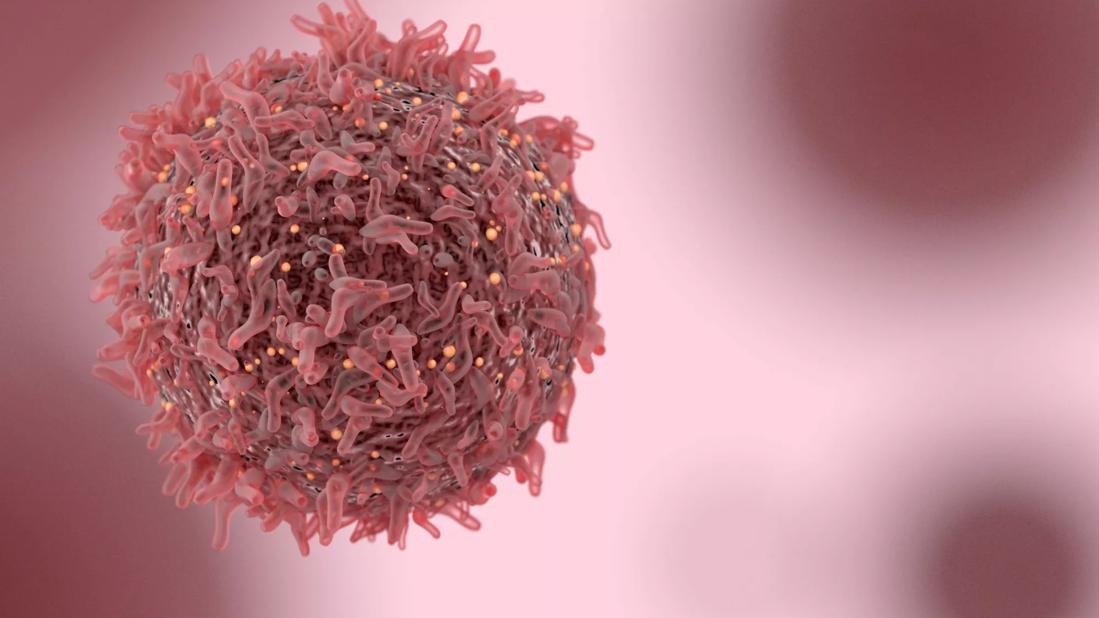Multigene panel testing valuable regardless of age, cancer history

Multigene panel testing should be considered for all African-American women with triple-negative breast cancer (TNBC), says Holly Pederson, MD, Director of Medical Breast Services at Cleveland Clinic.
Advertisement
Cleveland Clinic is a non-profit academic medical center. Advertising on our site helps support our mission. We do not endorse non-Cleveland Clinic products or services. Policy
TNBC, an aggressive and little-understood breast cancer, is more common in African-American women, who are more likely to be diagnosed with breast cancer at a younger age than white women.
“Insurance coverage for testing is based on current national guidelines, which are more restrictive,” says Dr. Pederson. “As we learn more about the genetic contributions to disease, guidelines for referral and testing will evolve.”
A recent study has shed new light on this topic, comparing the spectrum of germline variants in African-American and white/non-Hispanic women with TNBC. Dr. Pederson presented the findings at the 2018 San Antonio Breast Cancer Symposium®.
Researchers compared records of more than 13,000 African-American women (n = 3,526) and white women (n = 9,622) who had hereditary cancer panel testing at a commercial lab between September 2013 and August 2018. All of the women had been diagnosed with TNBC.
Among the findings, African-American women were:
Advertisement
In addition, African-American women with a PV were younger at diagnosis than white women (age 46.7 vs age 49.5; P < 0.001). All women diagnosed before age 40 were more likely to have a PV. And all women with a PV met criteria for genetic testing at similar rates, regardless of race.
“We are learning more about the genetics of different ethnic populations, and this may help explain the high rate of VUS in African-American women as compared to Caucasians,” says Dr. Pederson. “This is important as these VUS can be clinically misinterpreted. They can be a great source of anxiety for both patients and providers, sometimes resulting in overtreatment. Proper pretest genetic counseling helps patients understand the possibility and meaning of receiving a result of VUS.”
While African-American women are more likely to get TNBC (and die of breast cancer, in general), this research does not indicate that TNBC is a different disease than in white women. Why African-Americans get TNBC more often and at younger ages is still unknown.
More investigation, including genetic and genomic evaluation of this patient population, is needed. In the meantime, genetic counseling should be offered to all African-American women with TNBC regardless of their age and their personal or family history of cancer.
“As more African-American women undergo genetic testing, we will continue to learn about the pathogenicity of specific VUS in this group,” says Dr. Pederson. “Some could be clinically relevant.”
Advertisement
Advertisement

Combining advanced imaging with targeted therapy in prostate cancer and neuroendocrine tumors

Early results show strong clinical benefit rates

The shifting role of cell therapy and steroids in the relapsed/refractory setting

Radiation therapy helped shrink hand nodules and improve functionality

Standard of care is linked to better outcomes, but disease recurrence and other risk factors often drive alternative approaches

Phase 1 study demonstrates immune response in three quarters of patients with triple-negative breast cancer

Multidisciplinary teams bring pathological and clinical expertise

Genetic variants exist irrespective of family history or other contributing factors